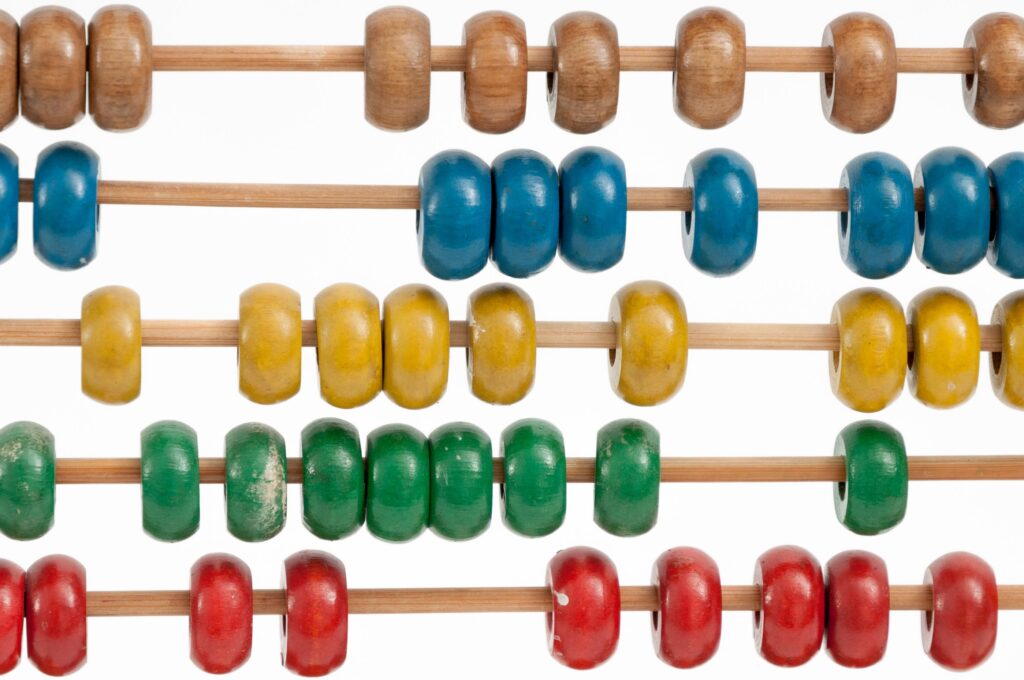
Tracking how many people we gave a bag of food to is fairly easy. So is how many people we gave pots and pans to. How much and to whom we gave money to is also relatively easy to track. The same can be said about how many students came to class, teachers were trained, farmers trained, or people treated a clinic.
It’s easy and requires very little information. We’ve made it into a bid data gathering exercise, but it doesn’t need to be.
Measuring impact is a different story. It’s not about numbers game, it’s about change. Impact is not about whether or not I received an item, some money, training, or service. Impact is much more about what I did with it and the change it brought in my life.
This is much harder to measure at scale. Assembly line operating models do not work for this. It’s not a logistics problem.
And yet, most humanitarian organisations have systems focused on numbers not stories. Most donors want numbers not stories. We talk about feeding a million people or training 5,000 teachers. The assumption is these activities will lead to positive impact. And sometimes it does. But often it doesn’t.
However, when we frame impact as numbers served we behave like factories. It’s all about throughput. When we frame impact as a specific type of change, our operating model needs to be different.
The choice is up to us.
And yes, many of you will argue your organisation is different. But maybe it’s worthwhile to check what percentage of our resources – time, staff, systems – have as their primary role measuring income and numbers served? And how much time of our ‘improvement’, ‘efficiency’, or ‘transformation’ conversations are focused on improving the quality of the impact in the lives of those seek to serve (not the number of people served)?

A sincere truth, quality of the impact and not numbers is what makes the desired change. It’s not the number of children that have been administered malnutrition treatment but children that have been fed, guarantee a healthy 1st 1000days of their lives and given hope of a meal tomorrow and days to come.